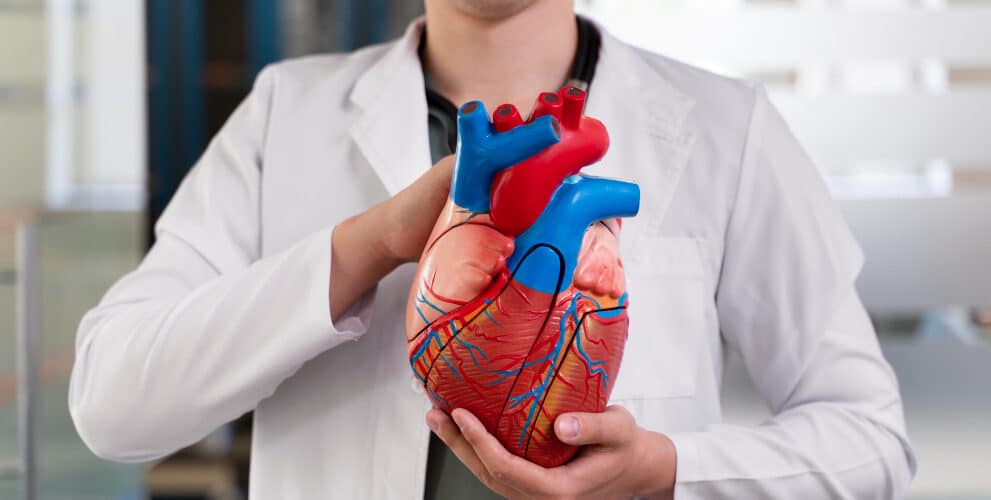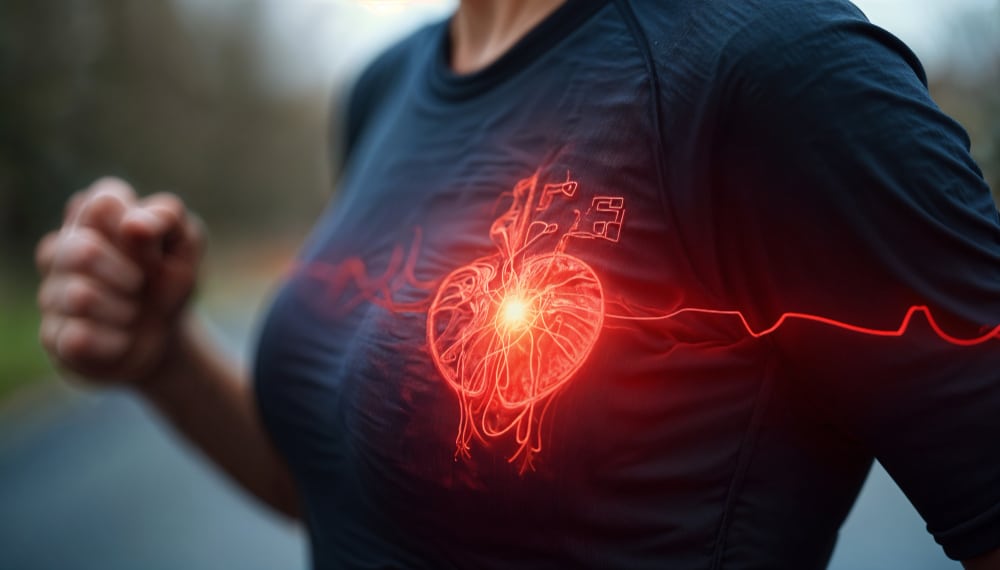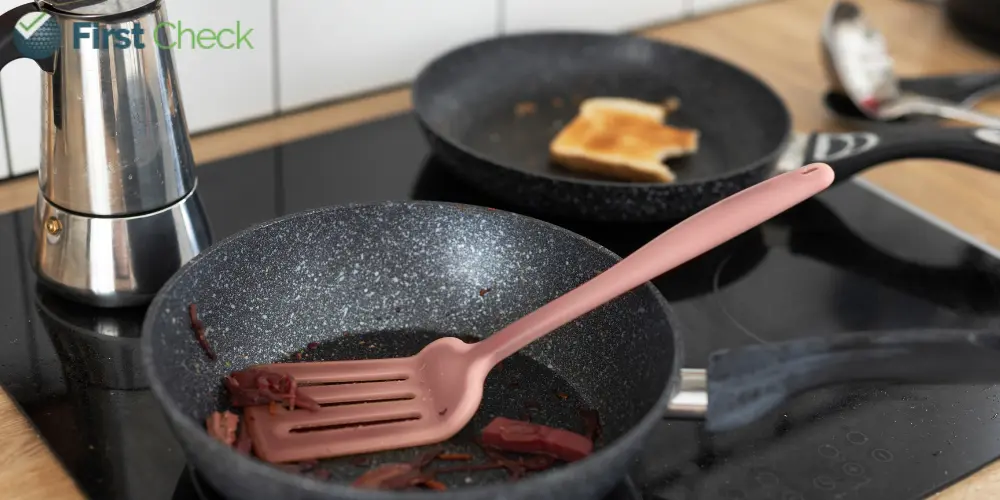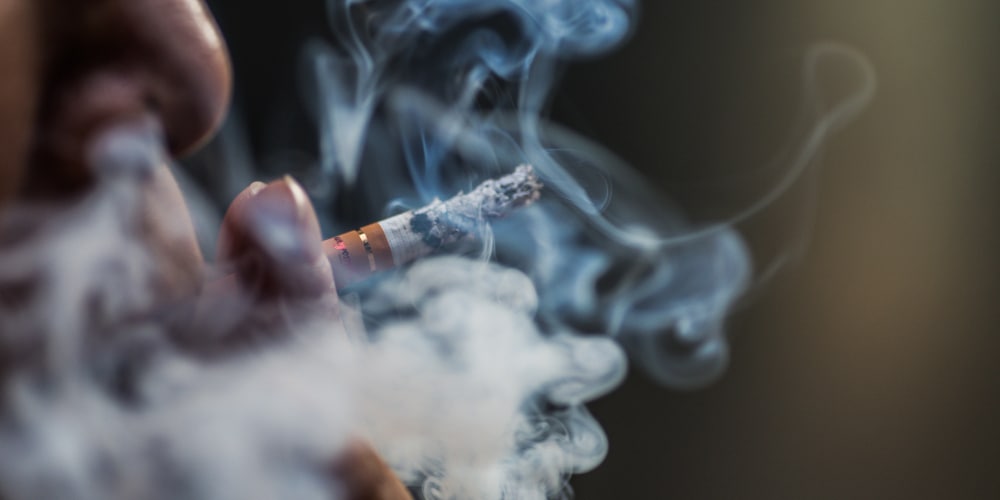Is there a specific time of day when heart attacks are most likely to occur?
Experts discuss how factors like circadian rhythm, stress, and lifestyle contribute to higher heart attacks risks, especially in the morning hours, while also providing vital prevention advice
Author
Author
- admin / 5 months

- 0
- 6 min read

Author
India has been witnessing a worrying surge in heart-related cases, with incidents being reported not just among the elderly but also, shockingly among children and young adults.
On July 16, 2025, a nine-year-old girl in Rajasthan’s Sikar collapsed at school and later died. Doctors reportedly concluded that she suffered a “heart attack.” Also, in Karnataka’s Hassan district, four sudden deaths linked to cardiovascular complications were reported on June 30 this year, in a single day.
Amid this rising concern, an Instagram reel by fitness influencer Mahi, who has more than 62,000 followers, has drawn wide attention online with claims about the timing of heart attacks.
The reel has triggered a wave of reactions in the comments section. One user linked the timing of morning heart attacks to daily stress, writing that the hours between 4 AM and 8 AM are when people rush to get ready for work, school, or college—an environment of pressure that, combined with naturally high morning cortisol levels, could raise the risk of a cardiac event. Another user suggested the reason lies in nocturnal hypertension, a condition where blood pressure rises during the night.
So, are heart attacks more likely between 4 AM and 8 AM?
While it is well established that heart attacks are more common in the winter months and on Mondays, researchers have long been curious whether there is also a particular time of day when the risk peaks.
A study by doctors from the Belfast Health and Social Care Trust and the Royal College of Surgeons in Ireland examined over 10,000 patients and found a 13% higher incidence of STEMI heart attacks on Mondays.
STEMI, a severe form of heart attack caused by the complete blockage of a major artery, is often linked to sudden stress. Experts suggest this “Blue Monday” effect may be related to the body’s circadian rhythm and the abrupt shift from a relaxed weekend to the high stress of the workweek.
Similarly, a research has shown that fatal heart attacks are more common during the Christmas–New Year period, with spikes observed at Christmas and again at New Year’s.

Researchers believe delayed treatment, coupled with holiday-related stress and lifestyle factors, may play a role. In India, cardiologists also report seasonal and behavioural patterns. Multiple hospitals note a 33% rise in heart attacks during winter, attributed to pollution, elevated blood pressure and sugar levels, and reduced physical activity.
Dr Hemant Madan of Narayana Health explains that “binge weekends”—when alcohol consumption is higher—are often followed by a noticeable surge in cases in India.
When it comes to time of day, research points to the body’s biological clock as a factor. A study led by Queen Mary University of London found that cardiovascular disease patients have lower levels of an important family of protective molecules in their blood in the morning. This could increase their risk of blood clots and heart attacks at those times.
A 2020 review looked at whether sudden cardiac arrest (SCA) follows a daily or weekly rhythm. Earlier studies had suggested that SCA peaks at certain times of the day (linked to circadian rhythm) or days of the week (septadian rhythm). However, newer research shows that these patterns are no longer consistent. The review concluded that while prior studies showed predictable peak times, recent evidence suggests the loss of such patterns, likely influenced by both patient-specific and environmental factors.
In fact, another study, the NutriNet-Santé cohort in France, followed over 103,000 adults to examine the link between meal timing and cardiovascular risk. Researchers found that people who ate their first meal later in the morning (after 9 AM) and their last meal later at night (after 9 PM) had a higher risk of cardiovascular diseases, especially women. In particular, eating dinner after 9 PM was linked to a 28% higher risk of cerebrovascular disease compared to those who ate before 8 PM.
The study also showed that a longer nighttime fasting period was associated with a 7% lower risk of stroke and related conditions. Interestingly, the number of eating occasions in a day did not affect risk.
Dr Swarup Swaraj Pal, Chief CVTS Surgeon at Gleneagles Hospital, Mumbai, described the viral video as “partially correct.” He explained that heart attacks are indeed more common after midnight, particularly between 3 a.m. and 6 a.m., when the body undergoes several physiological changes. During these hours, cortisol levels rise, the sympathetic nervous system becomes more active, and both heart rate and blood pressure increase. “This puts extra strain on the heart, and in people with blockages, it can trigger a cardiac event,” he said.
Another contributing factor, Dr Pal noted, is that the body becomes mildly dehydrated overnight, making the blood more concentrated and prone to clotting. This, combined with existing arterial blockages, can raise the risk of a heart attack. He added that people with sleep apnea, existing heart failure, or conditions such as hypertension, diabetes, obesity, high cholesterol, and a family history of heart disease are particularly vulnerable. Stress and poor sleep also play a significant role in increasing risk.
Seasonal variation further adds to the problem. “We also notice a seasonal spike in winters. Cold weather causes vasoconstriction—narrowing of blood vessels—which raises the likelihood of a heart attack in already vulnerable individuals,” he explained.
While the viral reel claimed that drinking half a glass of water before bed can prevent heart attacks, Pal disagreed. “It’s not that simple. Half a glass of water is not enough. But yes, drinking a glass or two before bed is not a bad practice,” he said.
Dr Pal shared a striking example from his own surgical practice: “I operated on an 80-year-old woman whose heart and blood vessels were in better shape than a 40-year-old man I operated on the same week. That younger patient’s arteries were severely damaged—because of lifestyle choices like smoking, alcohol, and unhealthy food.”
According to Dr Pal, prevention comes down to early evaluation and healthy habits, especially for those with a family history of heart disease. “If your parents, brother, or sister have had a heart attack, you should start getting yourself evaluated early—even after the age of 40, go for annual tests like basic blood work, ECG, echocardiogram, or treadmill test,” he advised. For people at very high risk, he added, “you can even go for a CT coronary angiogram. Certain investigations early on, maybe annually, can definitely help you.”
Also read: Can your anger lead to a heart attack?










